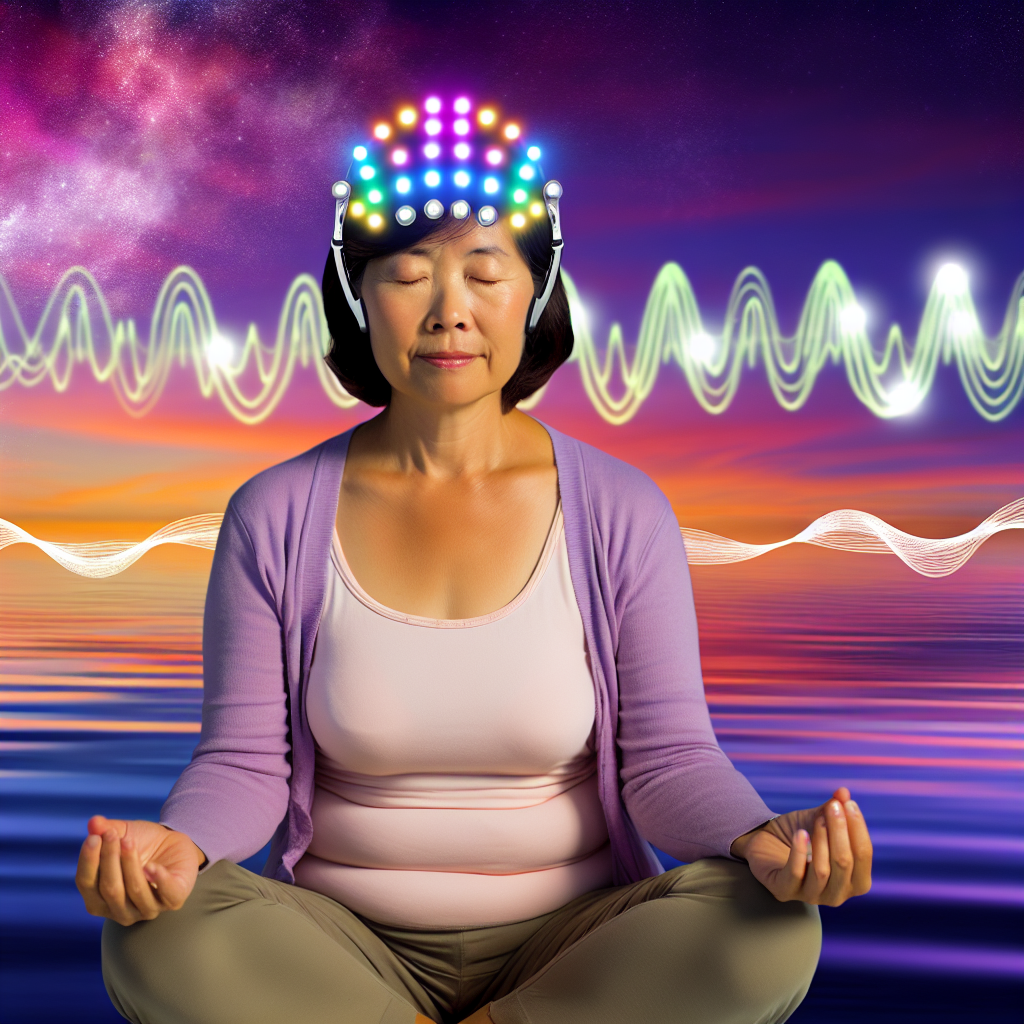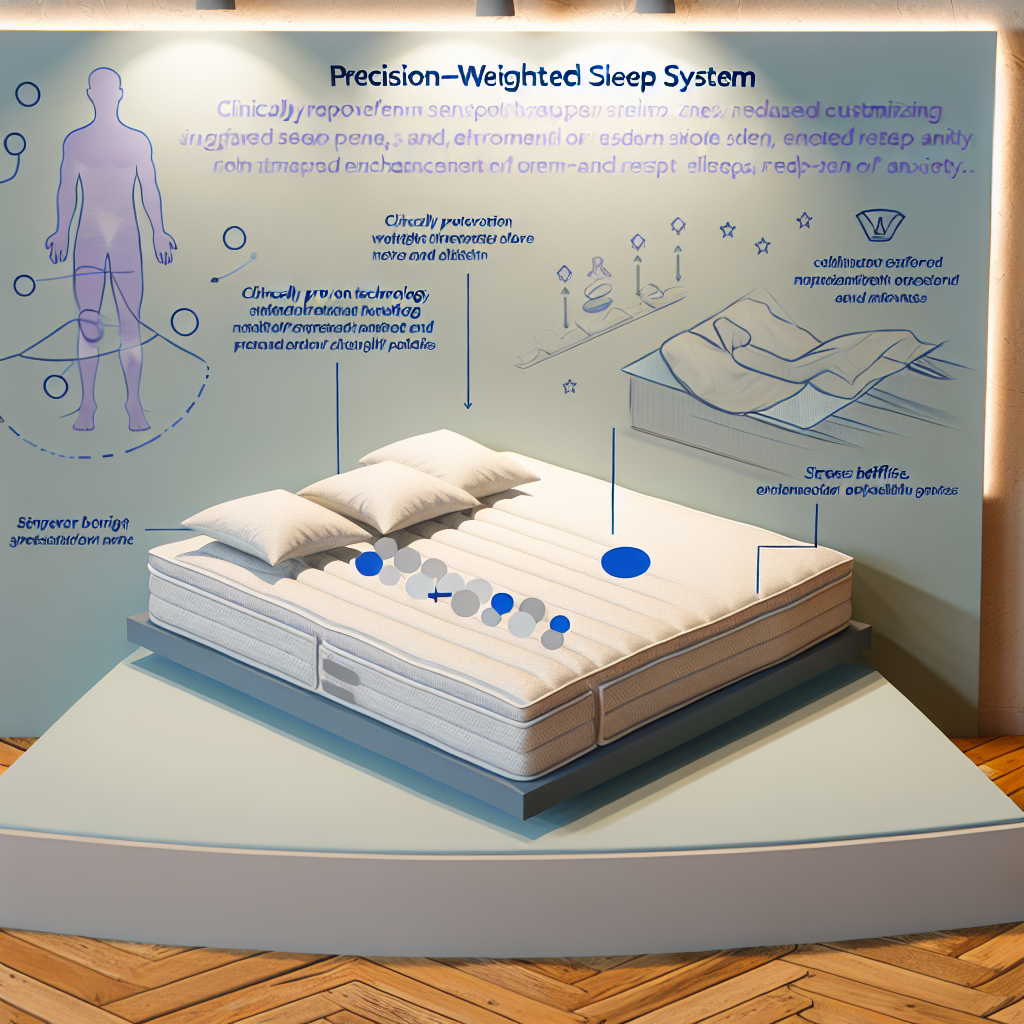Vascular Sleep Monitors: Arterial Health Metrics During Different Sleep Phases
Introduction
Sleep is essential to overall health, influencing everything from cognitive function to immune resilience. However, in recent years, researchers have begun to uncover the intricate relationship between sleep and cardiovascular health. One of the most advanced developments in sleep technology is vascular sleep monitoring, which allows individuals and healthcare professionals to assess arterial health metrics throughout different sleep stages.
Vascular sleep monitors are wearable or non-invasive devices that measure key circulatory metrics, such as blood flow, arterial stiffness, and oxygen saturation. These metrics provide invaluable insights into cardiovascular function and disease risk, particularly for individuals with pre-existing conditions like hypertension, diabetes, or sleep apnea. As individuals transition through various sleep phases—light sleep, deep sleep, and REM sleep—their bodies experience fluctuations in heart rate, blood pressure, and arterial elasticity. Monitoring these fluctuations can help detect abnormalities that could indicate underlying cardiovascular issues before they lead to severe complications.
How Sleep Quality Impacts Cardiovascular Health
Several clinical studies and medical research initiatives have examined the correlation between sleep quality and vascular health, reinforcing the value of monitoring arterial metrics during sleep.
A widely referenced study published in the *Journal of the American Heart Association* examined how sleep fragmentation affects vascular function. Researchers found that individuals who experienced frequent disruptions in their sleep cycle exhibited significant increases in arterial stiffness and endothelial dysfunction. These findings suggest that poor sleep may accelerate cardiovascular aging by impairing the ability of arteries to expand and contract properly. This study underscores the importance of vascular monitoring in assessing long-term cardiovascular risks associated with fragmented or poor-quality sleep.
Another critical study conducted by the *European Society of Cardiology* investigated the relationship between deep sleep (slow-wave sleep) and circulation. Researchers found that during deep sleep, blood pressure and sympathetic nervous system activity decrease, allowing blood vessels to relax and restore elasticity. Consequently, individuals with low deep sleep duration tend to have higher blood pressure and increased arterial stiffness, which increases their risk of hypertension and cardiovascular events. Monitoring these changes in real time through vascular sleep monitors can help individuals take preemptive steps to improve deep sleep quality and maintain heart health.
Sleep Apnea and Vascular Health: A Silent Threat
Multiple studies have explored the connection between sleep apnea and vascular health. A landmark study published in *Circulation* revealed that people with untreated obstructive sleep apnea (OSA) undergo repetitive cycles of hypoxia (low oxygen levels) during sleep. This leads to oxidative stress and systemic inflammation, which directly impact vascular function, increasing the risk of hypertension, stroke, and other cardiovascular diseases.
The use of vascular sleep monitors in OSA patients provides crucial data that helps both patients and healthcare providers to better manage symptoms. It also allows healthcare professionals to suggest potential interventions, such as Continuous Positive Airway Pressure (CPAP) therapy or lifestyle modifications to reduce cardiovascular deterioration.
Wearable Technology Revolutionizing Vascular Sleep Monitoring
Advancements in wearable technology have improved the accuracy and accessibility of measuring cardiovascular parameters. Devices like smartwatches, ring sensors, and specialized sleep monitoring systems now incorporate photoplethysmography (PPG) and pulse wave velocity (PWV) technology to assess arterial flexibility during different sleep phases.
Recent research has validated these non-invasive methods as reliable alternatives to traditional arterial health assessments, marking a breakthrough in personalized cardiovascular monitoring. The integration of vascular health tracking into routine sleep assessments helps individuals understand how their nighttime physiology impacts overall heart function. These insights enable proactive measures, such as:
– Optimizing sleep patterns
– Reducing stress levels
– Making dietary changes
All of these contribute to better vascular health and overall well-being.
Conclusion: A New Era in Sleep and Cardiovascular Wellness
Vascular sleep monitors represent a cutting-edge fusion of sleep science and cardiovascular medicine. By tracking key arterial health metrics throughout different sleep stages, these devices provide valuable data on circulatory function, arterial stiffness, and overall cardiovascular wellness.
Groundbreaking research has demonstrated that disruptions in sleep quality can contribute to poor vascular health, increasing the risk of hypertension, heart disease, and stroke. Through real-time monitoring, individuals—especially those at risk for conditions like obstructive sleep apnea—can take actionable steps to improve sleep habits and mitigate cardiovascular risks.
The ability to assess arterial well-being during sleep provides not only an opportunity for early disease detection but also a deeper understanding of the interconnectedness between sleep and vascular health. With continued advancements in wearable sleep technology, more individuals can benefit from real-time data that empowers them to protect their heart and circulatory system.
By prioritizing sleep health and using vascular monitoring as a guide, long-term cardiovascular wellness becomes a more attainable goal for all.
References
1. *Journal of the American Heart Association* – “[Sleep Fragmentation and Endothelial Dysfunction](https://www.ahajournals.org/journal/jaha)”
2. *European Society of Cardiology* – “[Deep Sleep and Arterial Elasticity](https://www.escardio.org/)”
3. *Circulation* – “[Obstructive Sleep Apnea and Vascular Health](https://www.ahajournals.org/journal/circ)”
4. *Sleep Medicine Reviews* – “[Wearable Technologies for Vascular Monitoring During Sleep](https://www.sciencedirect.com/journal/sleep-medicine-reviews)”
Concise Summary:
Vascular sleep monitors are a cutting-edge technology that track key arterial health metrics, such as blood flow, arterial stiffness, and oxygen saturation, during different sleep stages. This data provides valuable insights into cardiovascular function and disease risk, particularly for individuals with pre-existing conditions like hypertension, diabetes, or sleep apnea. By understanding how arterial health fluctuates through sleep, both patients and medical professionals can take proactive steps to optimize sleep habits and improve long-term cardiovascular wellness.

Dominic E. is a passionate filmmaker navigating the exciting intersection of art and science. By day, he delves into the complexities of the human body as a full-time medical writer, meticulously translating intricate medical concepts into accessible and engaging narratives. By night, he explores the boundless realm of cinematic storytelling, crafting narratives that evoke emotion and challenge perspectives.
Film Student and Full-time Medical Writer for ContentVendor.com




